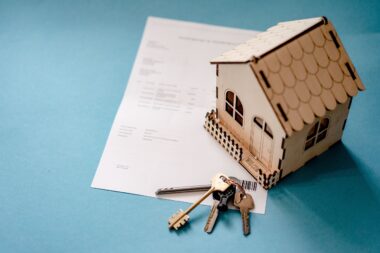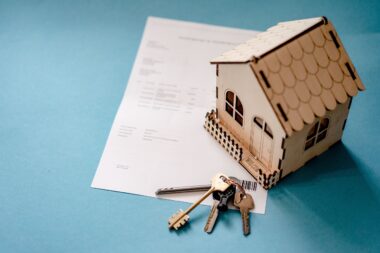What Happens if You Default on a VA Loan?
A VA loan default can have significant consequences for veterans and service members. If you fail to make your mortgage payments, your lender will typically initiate foreclosure proceedings. It’s essential to understand the repercussions, as they can affect your financial future and creditworthiness. VA loans are designed to provide affordable home financing for veterans, but defaulting can undermine those benefits. Lenders may also report missed payments to credit bureaus, impacting your credit score and making future loan approvals challenging. Additionally, if you default, you may face the loss of your home, which can be both emotionally and financially devastating.
When a veteran defaults, the VA guarantees the lender against losses incurred during foreclosure. This means that the lender may recover some of their losses through VA insurance. However, this does not excuse you from the consequences of defaulting on a loan. You may still owe monetary amounts if the foreclosure doesn’t cover the loan balance. Furthermore, the VA cannot reinstate your budget or help with missed payments, so it’s crucial to seek help as soon as you anticipate challenges. Geographic regions may also play a role in the possible legal outcomes of foreclosure and default actions.
The potential long-term impact of defaulting on a VA loan is considerable. Not only can your credit score suffer for several years, but you may also have difficulties obtaining future financing. It could lead to higher interest rates on any loans you pursue. In some cases, a bankruptcy may arise from failed payments on the mortgage, which complicates any future financial prospects even further. It is advisable to seek financial counseling if you find yourself struggling with your VA loan payments to explore options for mitigating the damage.
Mitigation Strategies and Options
Many veterans may not realize that there are options available to prevent default. The best course of action is to communicate with your lender whenever you’re facing financial difficulties. Discussing your circumstances can lead to options like loan modifications, repayment plans, or even alternatives to foreclosure. Many lenders are willing to work with you if they know you’re making an effort to address the situation. It’s important to be proactive and honest about your financial challenges to find the best potential solutions.
If foreclosure seems inevitable, consider reaching out to the VA directly for help. The VA offers assistance programs aimed at preventing foreclosure on VA-backed loans. They can guide you through the process of seeking alternatives and provide resources to inform you about your options. Utilizing these resources can help to alleviate the stress that comes during financial difficulties. Taking steps to address potential default can help mitigate its impact on your financial future.
It’s essential to remain informed about your rights and responsibilities as a borrower. Understanding the specifics of your VA loan will empower you when communicating with lenders. Additionally, learning about what constitutes a default under the terms of your loan agreement is crucial. Knowing when your payments are considered late can help you avoid falling into default. Education plays a pivotal role in the health of your financial affairs, especially when handling loans that come with federal backing.
Post-Default Considerations
If you default and your home goes into foreclosure, the consequences will affect more than just your credit score. You will also face potential legal issues arising from a foreclosure sale. Your financial history will be impacted, as will your ability to secure loans in the future. Although the VA allows for certain benefits post-default, it’s essential to understand that recovery may take time. Financial health can be restored, but understanding the severity of default is the first step toward planning a recovery route.
Ultimately, if you expect issues in making payments, it’s best to act sooner rather than later. Investigate all the available resources at your disposal, including financial counseling and VA grants. Being informed about potential pitfalls and proactive about seeking assistance can ultimately make a significant difference in your financial journey. The sooner you engage with these resources, the better positioned you will be to recover from potential default on your VA loan.





